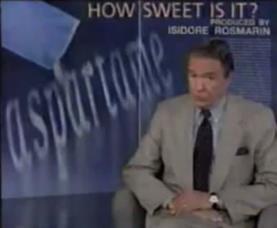For the first time in history, a private individual was granted the ability to enter the federal drug approval process for a proprietary cancer therapy. The entire process is being funded without any financial support from the American Government, the Pharmaceutical Industry or The Cancer Establishment.
On November 26, 2012 (6:13:08 am), the results of the phase III study on antineoplastons was released to The Lancet for publication, showing over 8 – 16 years survival using antineoplastons to treat a rare brain cancer.
On November 26, 2012 (8:22:57 am) the study was rejected by The Lancet from publication. ” … we have now had time to consider your manuscript… We have decided not to publish it because we believe the message would be better elsewhere.” It appears to have only taken a little over two hours to “consider” publishing.
Earlier, on November 19, 2012: The Texas Medical Board dismissed its motion to revoke Dr. Burzynsky’s medical license after four years of trying.
January 7, 2013: The FDA physically enters Dr. Burzynsky’s Clinic, and demands that all information pertaining to antineoplastons be removed from their website , and that no new patients be provided treatment on American soil (temporary hold). The FDA remained on site for 45 days reviewing data collected over 25 years, finding no evidence of either safety or efficacy violations with Antineoplastons.
The relationship between the FDA and Dr. Burzynsky has a rich legal history which began in 1983 when the “FDA takes Dr. Burzynski to court in a civil action to stop him from manufacturing and using antineoplastons. ” The FDA has since convened 4 grand juries without a grand jury indictment.
While in Japan, a study testing for the “safety” of antineoplastons (1995), which is a Phase I type of test was positive, yet in December of 2012, the Kurume Medical University announced :
“We can’t go any further with these clinical trials allowing antineoplastons to gain market approval exclusively for the Japanese people due to the United States FDA and the power they have over the world market. The FDA would retaliate against any Japanese pharmaceutical company who would try to get antineoplastons approved in Japan by no longer approving their other drugs for market in the USA” – Hideaki Tsuda, MD
Phase II Results (March 2003)
One would think that if there was progress in the treatment of such serious cancers, the FDA would be expanding research in that area. They apparently do not agree with Dr. Burzynsky.



